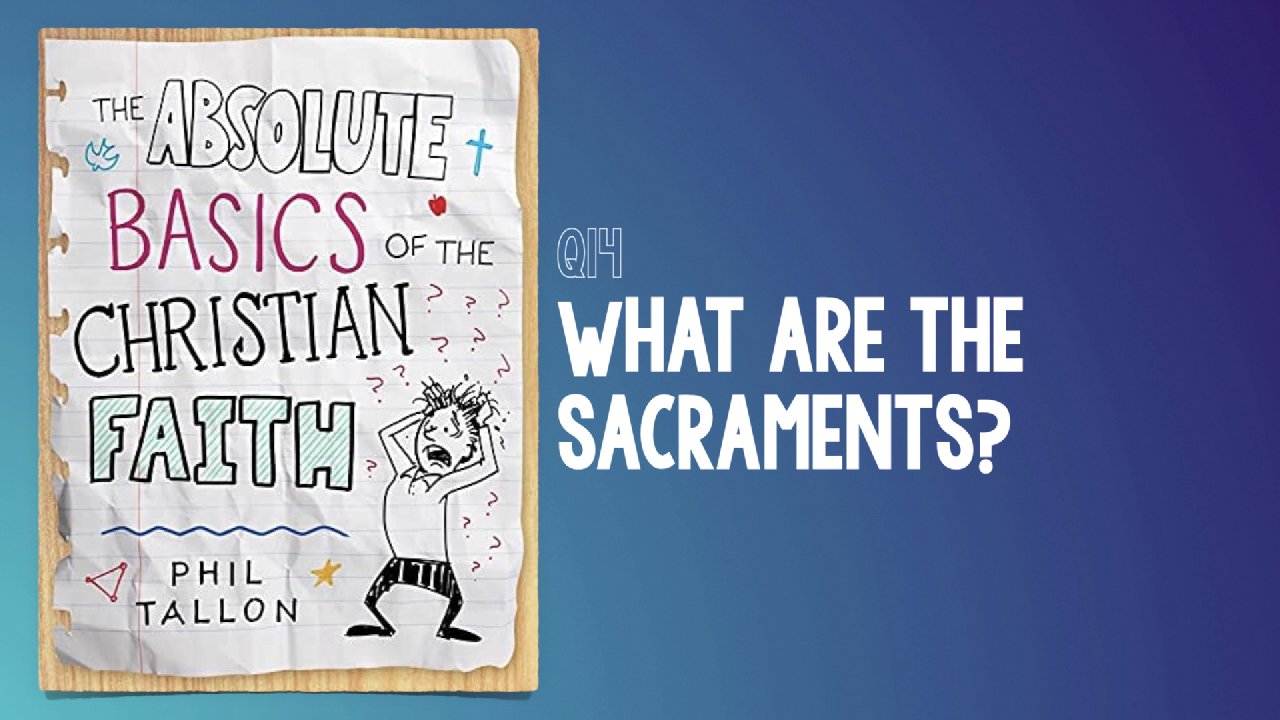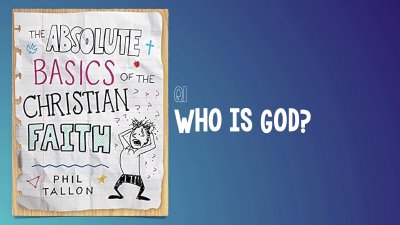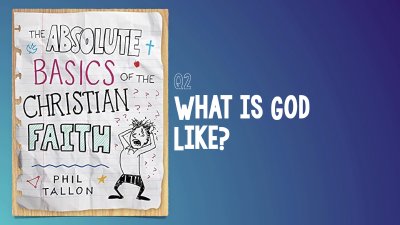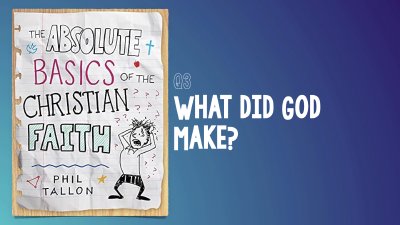Q. What are the sacraments?
A. Baptism is the holy covenant by which we join the church, and Holy Communion is the church's ongoing act of thanksgiving. Both are means of participating in Jesus' death and resurrection. (Matthew 28:19-20)
● Discussion Question: Dallas Willard said (roughly), discipleship is becoming who Jesus would be if He were you. How is your imitation of Jesus different than other people you know? How is it the same?
● Discussion Question: Read Matthew 28:19–20 together. What does Jesus tell us about what it means to be a disciple here?
● Discussion Question: The lesson pointed out two sacraments, or sacred actions, of the church: baptism and communion. Are there other ways God offers us grace besides these? How are they similar to baptism and communion? How are they different?
● Discussion Question: The two sacraments come at the beginning and end of Jesus’s ministry. Is this significant?
● Discussion Question: Baptism and communion have a unique place in Christian history. They have been the subject of much debate, but all orthodox Christian communities recognize their importance. What effect do they have on the life of an individual Christian believer?
● Discussion Question: Have you been baptized? If so, talk about when it was. Were you a baby? If you haven’t been baptized, talk about that. Do you have plans to be baptized?
● Discussion Question: Theologian Peter Kreeft said of communion: “Christ did not say ‘take and understand’ he said ‘take and eat.’” How much ought we to understand about the spiritual effect of the sacraments and how important is our understanding?
● Discussion Question: What was the most important idea you learned from this lesson? Is there anything you still don’t understand?
Application Question: Discipleship isn’t just a me-and-Jesus thing. It involves other, more mature people teaching and guiding us. How are you being discipled right now?



